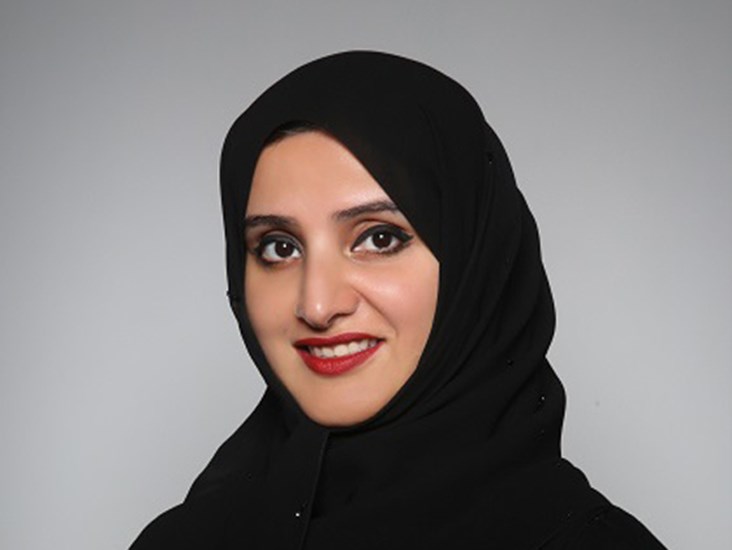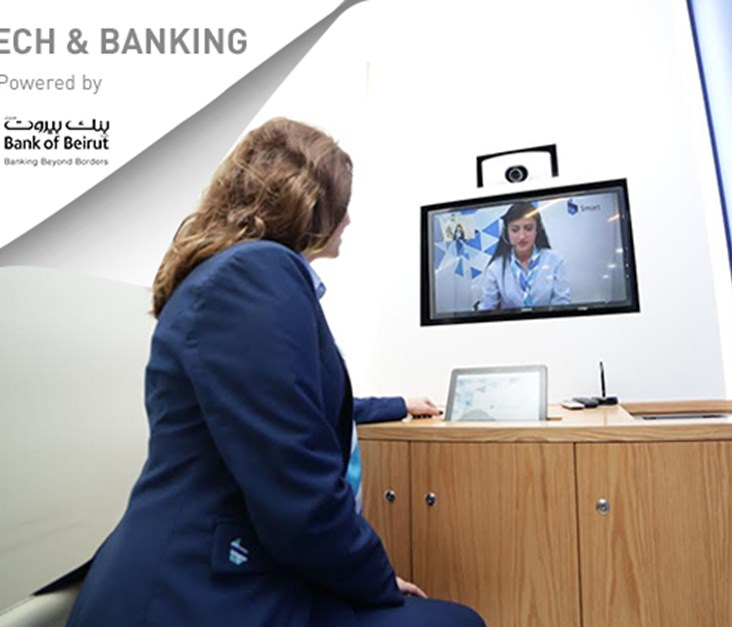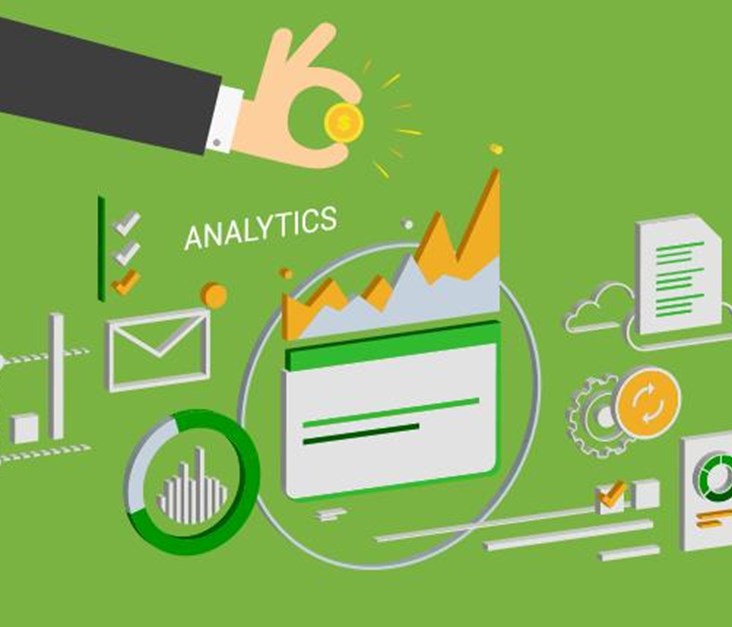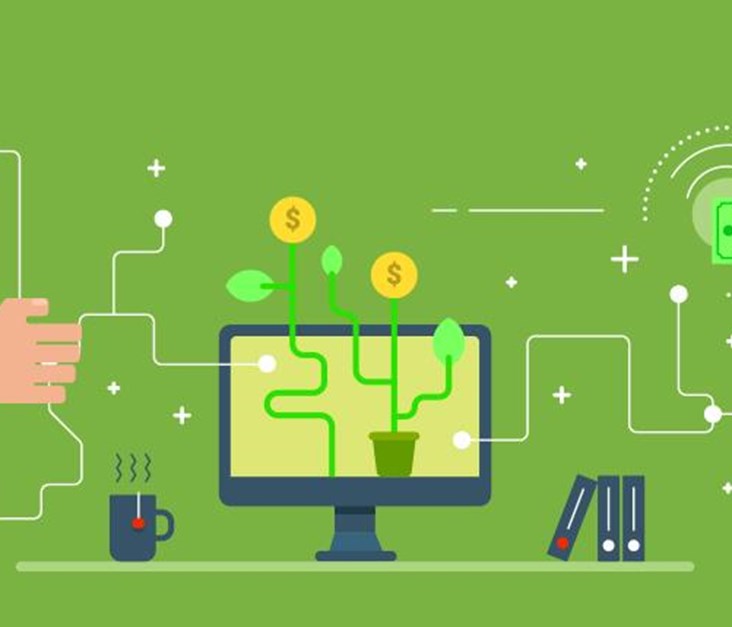Smart Dubai: A Special Interview Series - Dr. Aisha Bin Bishr
Back
The Smart Dubai initiative was introduced in 2014 to establish Dubai as the smartest city in the world by 2017, and has chosen happiness as the measure of success of its smart city endeavors. Dubai was already ranked seventh on the Happiness Index in 2014, and the impact the city can create with the goal of driving happiness is immense. Aligned with His Highness Sheikh Mohammed bin Rashid Al Maktoum’s vision, technology plays a vital role as an enabler to achieve this goal.
The initiative aims to encourage collaboration between the public and private sectors to achieve targets in six strategic pillars: smart life, smart transportation, smart society, smart economy, smart governance, and smart environment, each of which will leverage the strong ICT infrastructure the city is currently developing. Supporting the smart city initiative is the commitment to open data and a governance system that will enable cross-functional collaboration in the pursuit of seamless urban services.
Within these six dimensions, the strategy includes the implementation of over 100 initiatives in areas such as transport, communications, infrastructure, electricity, economic services and urban planning, and a plan of 1,000 services to transform the government and the private sector to get “smart.” Smart Dubai is collaborating with 11 strategic partners to achieve the vision: The Dubai Electricity and Water Authority (DEWA), The Executive Council, The Dubai Health Authority (DHA), The Roads and Transport Authority (RTA), The Department of Tourism and Commerce Marketing (DTCM), Dubai Police Force, Dubai Municipality, Dubai Smart Government (DSG), The Department of Economic Development (DED), The Dubai Silicon Oasis Authority (DSOA), and Dubai Design District (d3).
Dr. Aisha Bin Bishr and additional Smart Dubai experts will be speaking at ArabNet Digital Summit - Dubai, May 30-31, 2016. Check out the conference speakers and program and register now to make sure you don't miss it.
Throughout the week, we will be interviewing some of the Smart Dubai's strategic partners to get a better understanding of the initiatives being introduced. Our first interview is with Her Excellency, Dr. Aisha Bin Bishr, Director General of the Smart Dubai office:
What is Smart Dubai’s role?
The Smart Dubai initiative, formally undertaken in March 2014, aims to establish Dubai as the happiest city by 2017. The initiative is driven by four key strategic pillars and six dimensions that will classify all smart initiatives citywide. The vision to becoming the happiest city in the world is close to becoming a reality, with technology taking the helm as the enabler to transform Dubai into one of the smartest and most connected cities in the world. To fulfill our mission to create happiness, we are embracing technology innovation—making Dubai the most efficient, seamless, safe and impactful experience for residents and visitors. We recently launched the Smart Dubai Platform in partnership with Du, which is the digital backbone for our smart city, uniting city infrastructure, open and shared data, enabling services and city-wide smart applications, the platform will become the central operating system of Dubai. It will be unlike any other smart city platform operating in the world today. To achieve our ambitious mandate, Smart Dubai has pioneered the most comprehensive blueprint globally, encompassing the whole city, not just one sector or district. We are unifying operations to enable impact across the city, from infrastructure connected to the Internet of Things, to open data and shared data, deriving insights and innovation.
How does Smart Dubai engage citizens, residents, and visitors for feedback on the implementation of all the initiatives? How is the impact of every service measured?
The Happiness Meter is one of Dubai's first strategic 'smart city' initiatives. As the world’s first, city-wide, live sentiment capture engine, the meter represents a measurement gauge for the happiness goal. However, the Happiness Meter is more than just another silo tool to collect experience feedback: through the centralized data dashboard a map of happiness across the city can be created, which allows government entity hosts of Happiness Meter touch points to relate and rank customer experiences within industry sectors and geographic areas, as well as differentiate between direct and web based interactions. The Happiness Meter, currently in its first phase, will be soon rolling out into the private sector and in the future we do intend to use related technology to tap into deeper Sentimental Analysis to get an even more accurate feedback on people's experiences.
Vast quantities of data are being collected, what actions have been taken to improve data security and data protection?
The Smart Dubai initiative is powered by a unified platform for many functions, including generating huge quantities of data, much of them in real-time that benefits the centralized platform. Security is a priority for the whole platform and is embedded into each layer. The smarter the city, the more computer systems, the more integration between the systems, and the more open the access to the data collected by all those systems are. Robust security policies are in place to ensure the privacy of our residents, as well as to protect from attacks that could lead to data theft or breakdowns.
What is unique about Smart Dubai compared to other smart cities?
Dubai's approach to smart cities is unique as it is the first to create a citywide blueprint for smart initiatives aiming to develop a single unified smart city, rather than implementing smart initiatives only covering certain industries and sectors. Part of the unified approach will be able to take data from a wide range of sources and make it available to interested parties. Moreover, Dubai choosing happiness as the measure of success is also a very unique and exceptional approach.
How do you perceive Dubai as the ideal city of the future?
Dubai is a fast growing city in which the population grew from 0.6 million to 2.46 million in the past 2 decades, not to mention the annual 12 million tourists. The Smart Dubai initiative was implemented to prepare Dubai’s next phase of growth into a mega city. Through the collaboration between the public and private sectors across the six strategic dimensions, Dubai of the future will be filled with happy and empowered people who live in a smart city that is seamless, efficient, safe and impactful.
Latest Business
Intelligence Report













